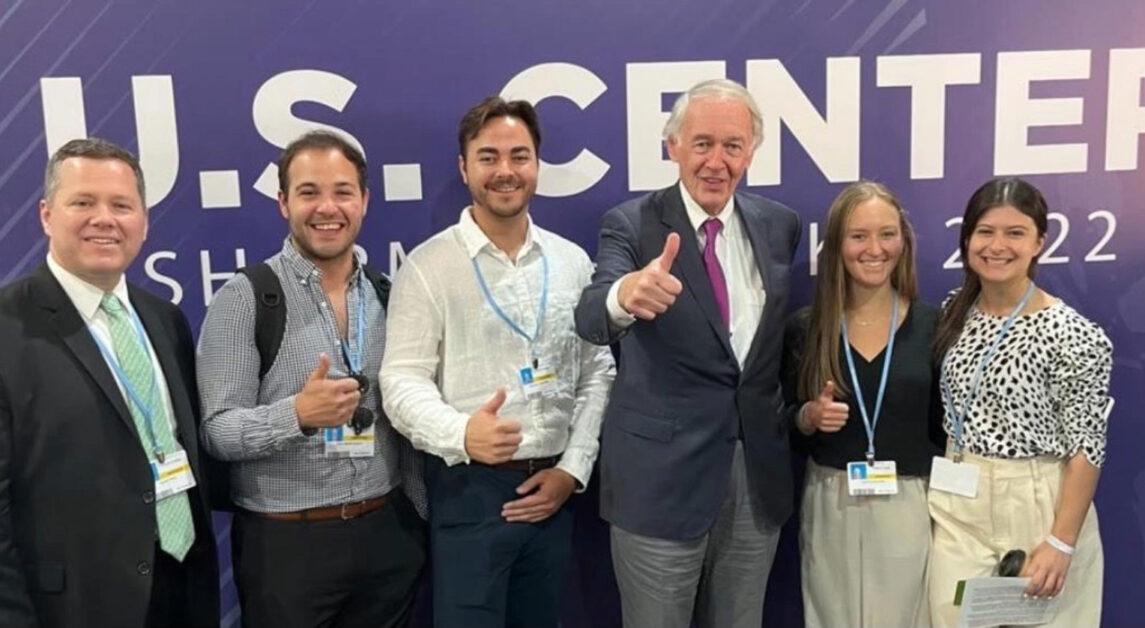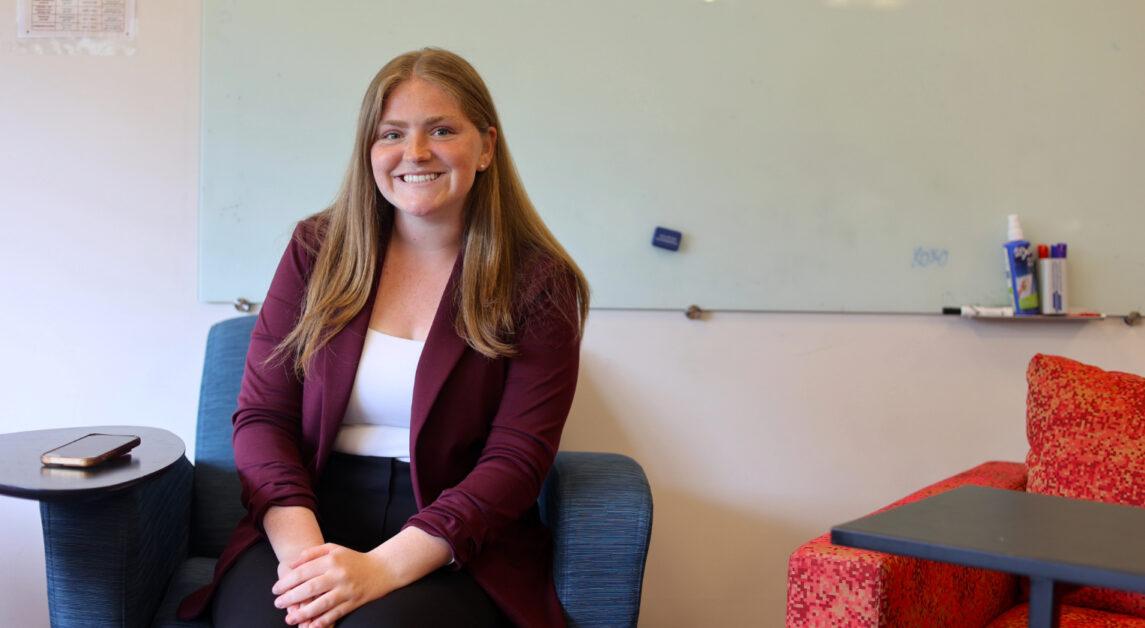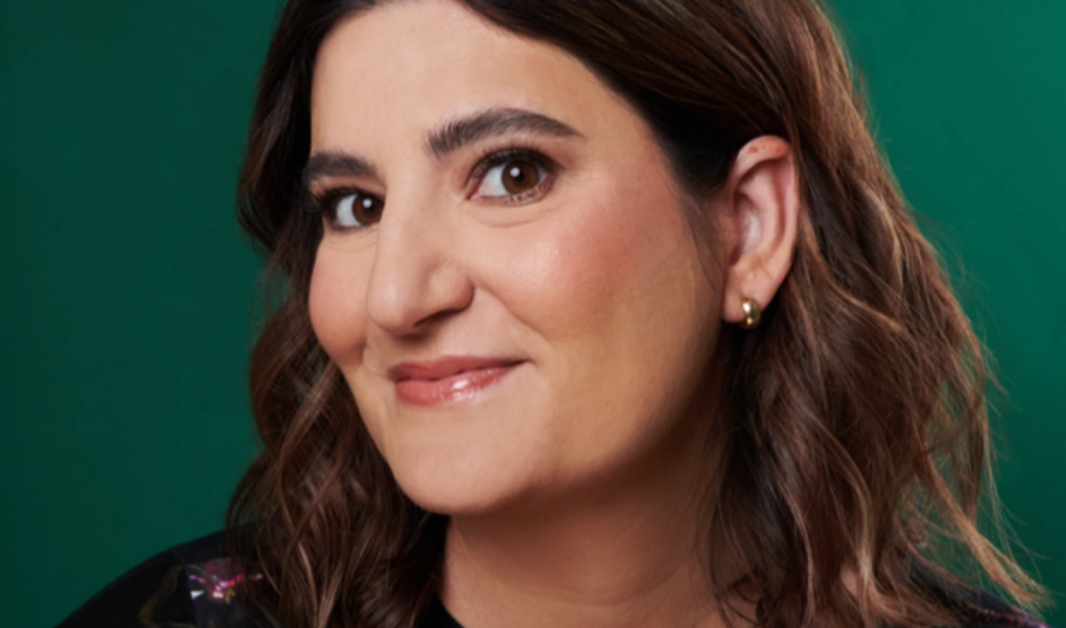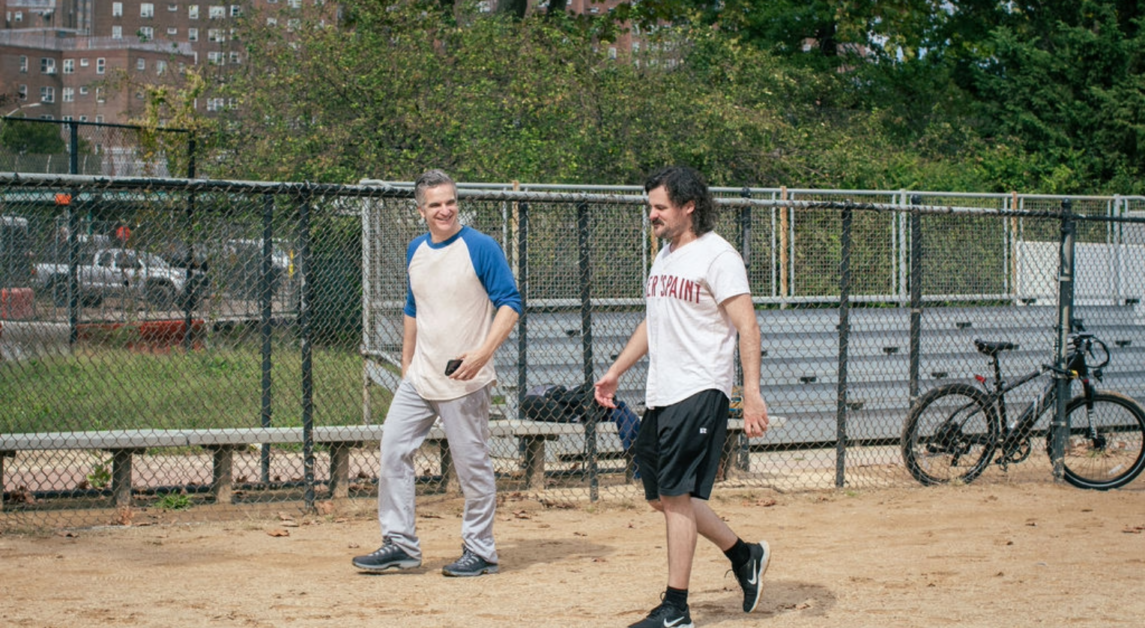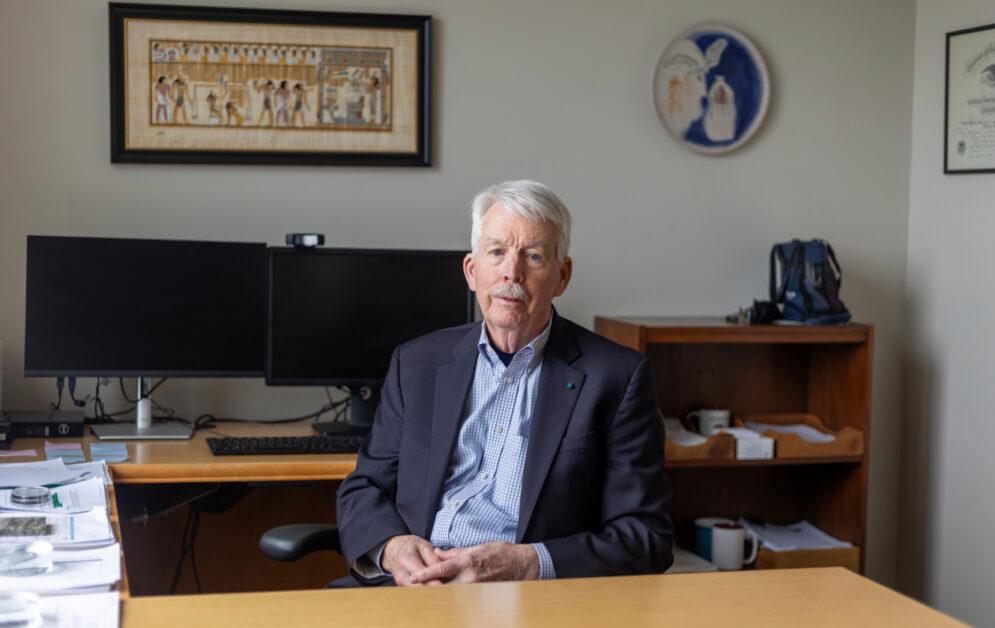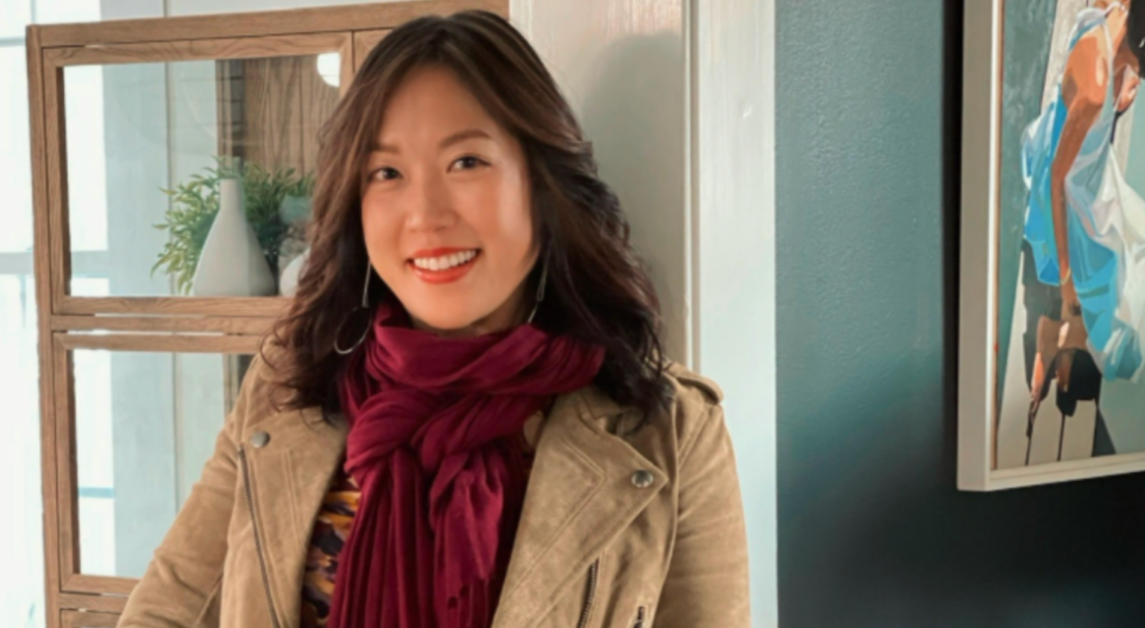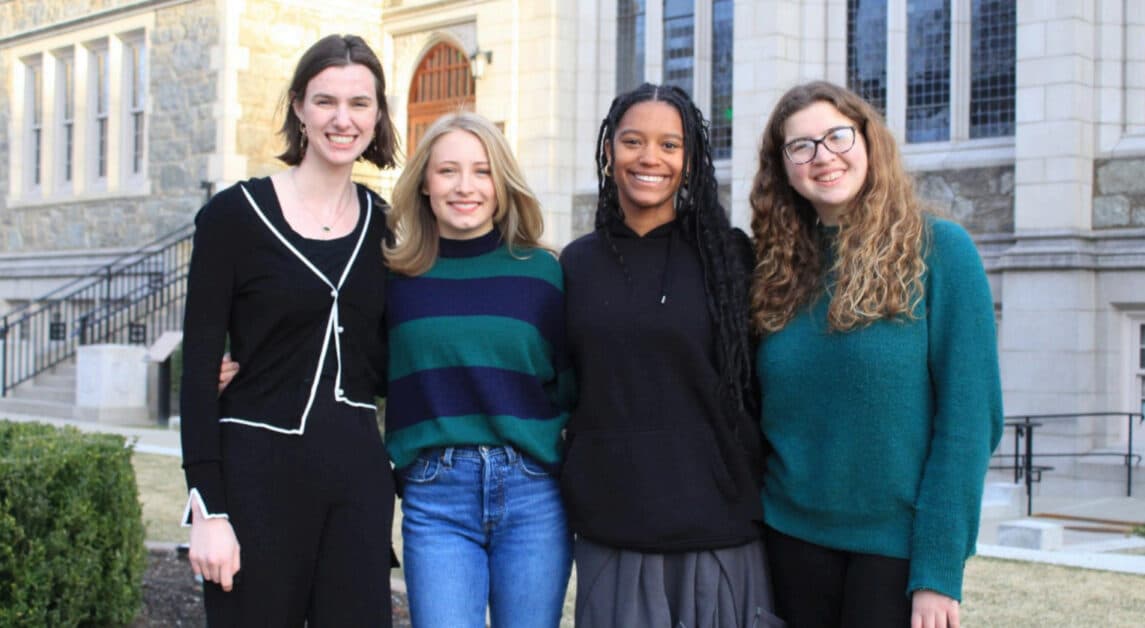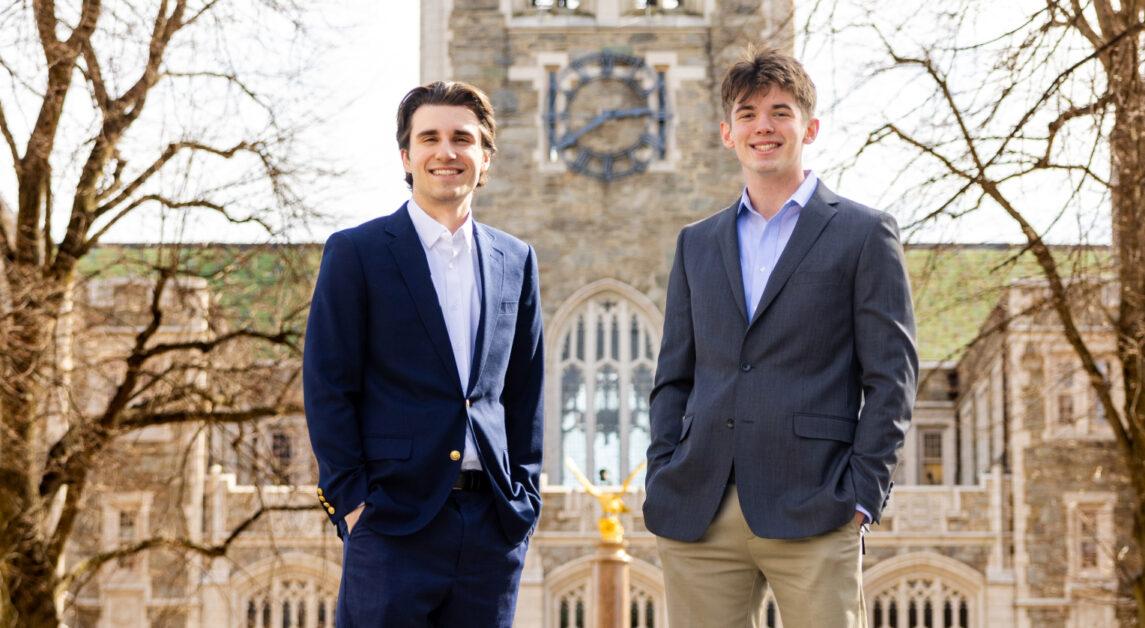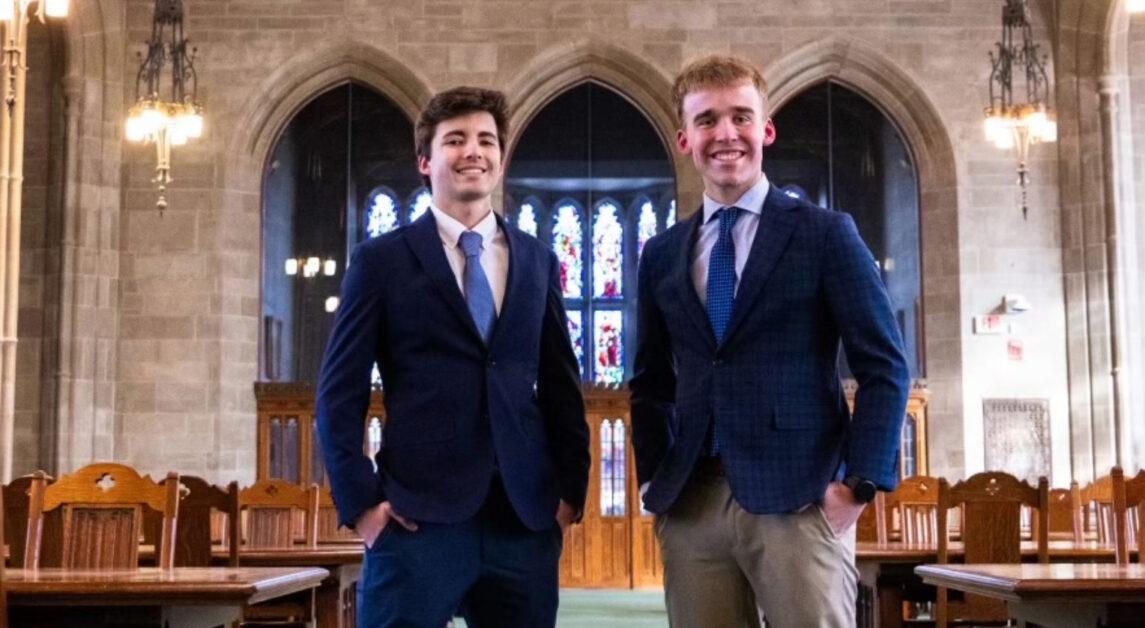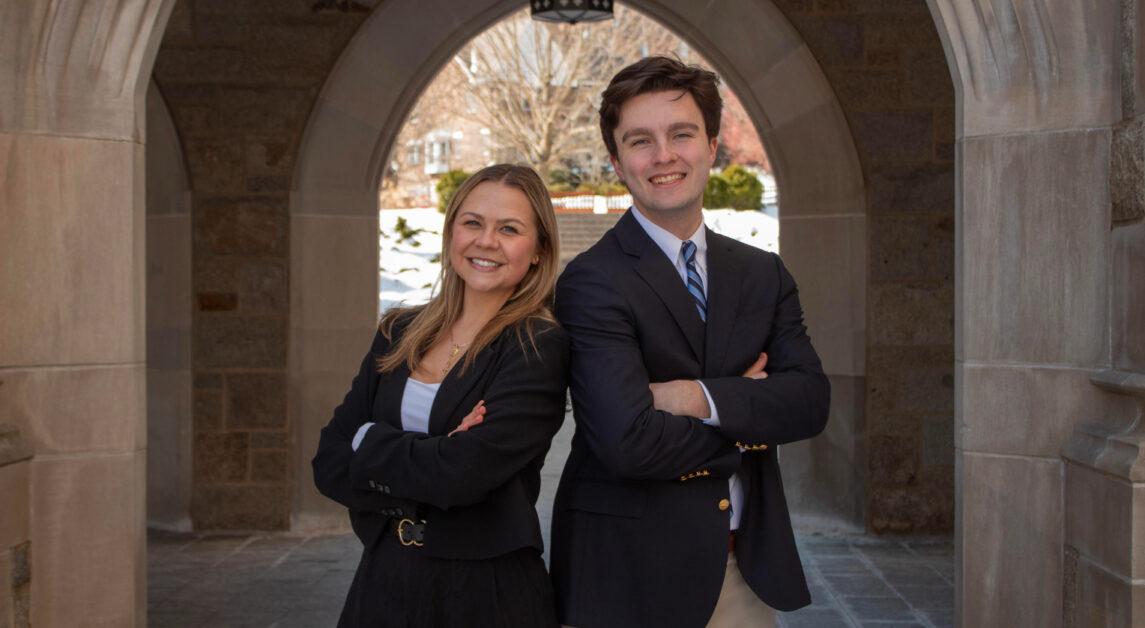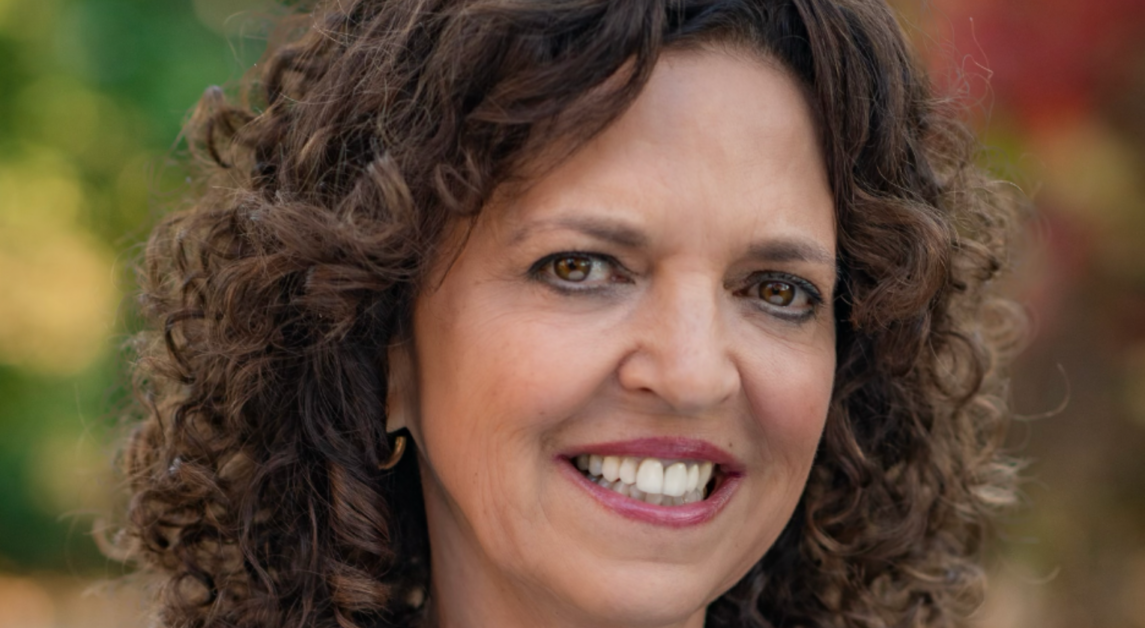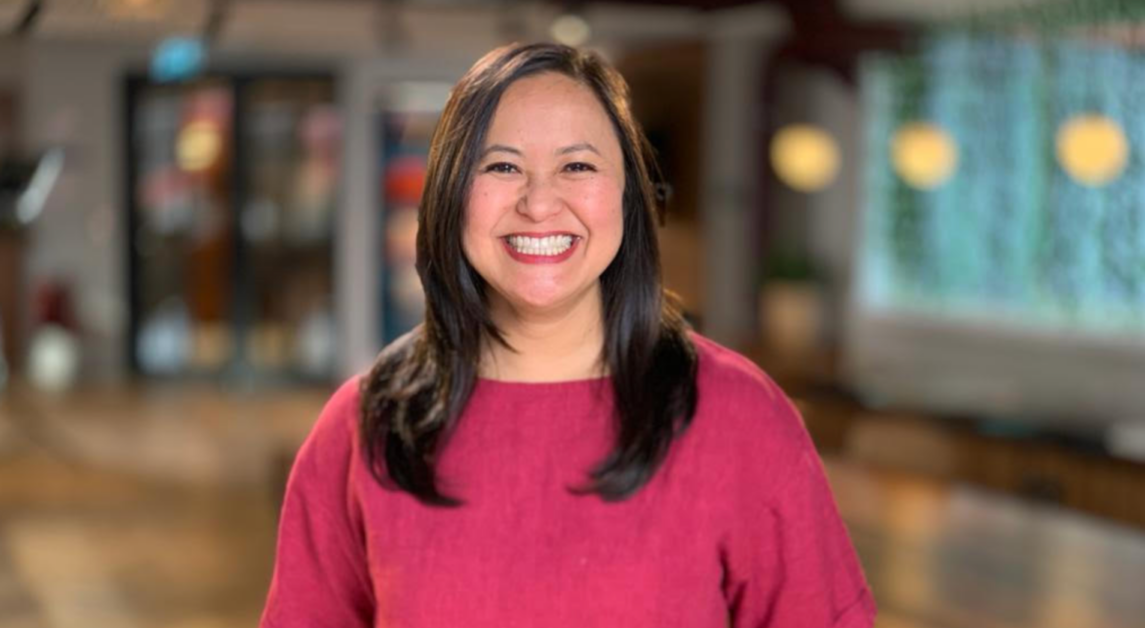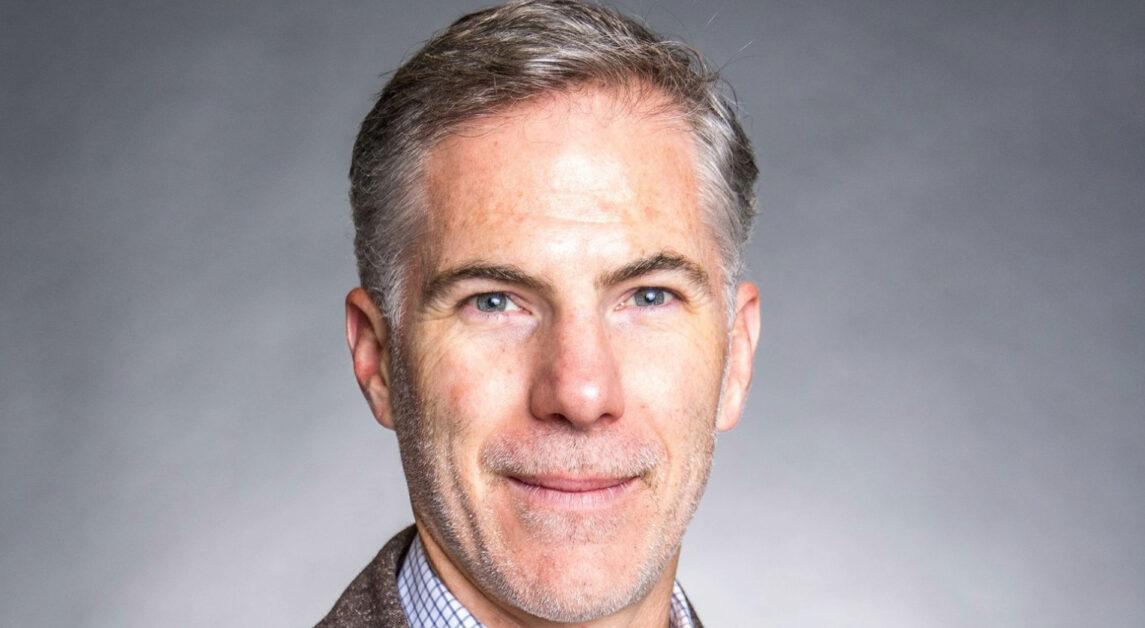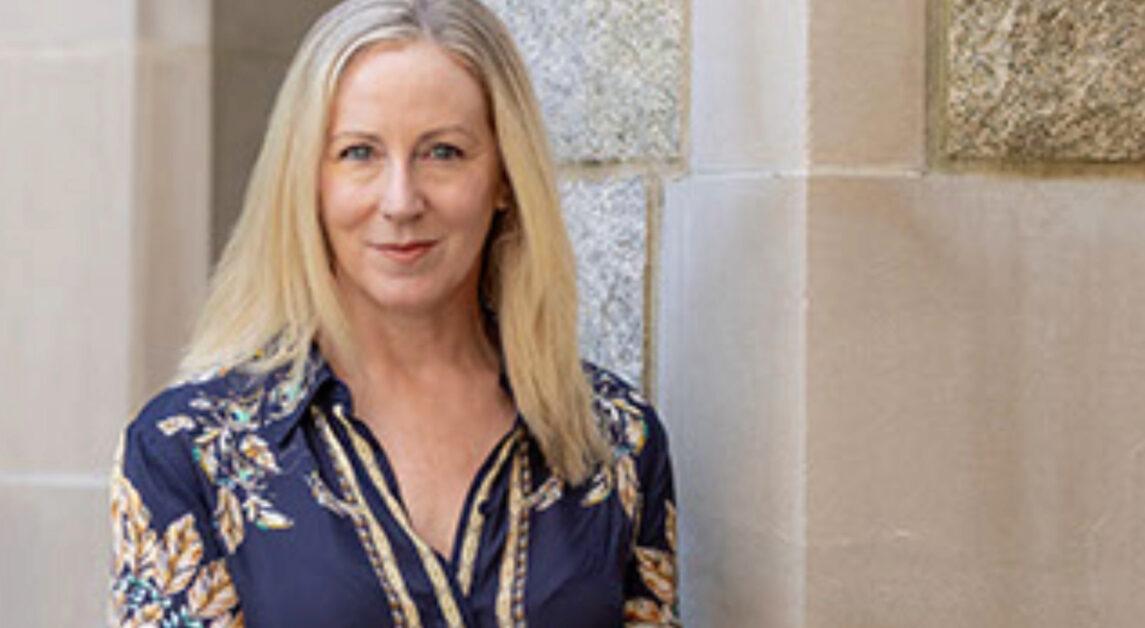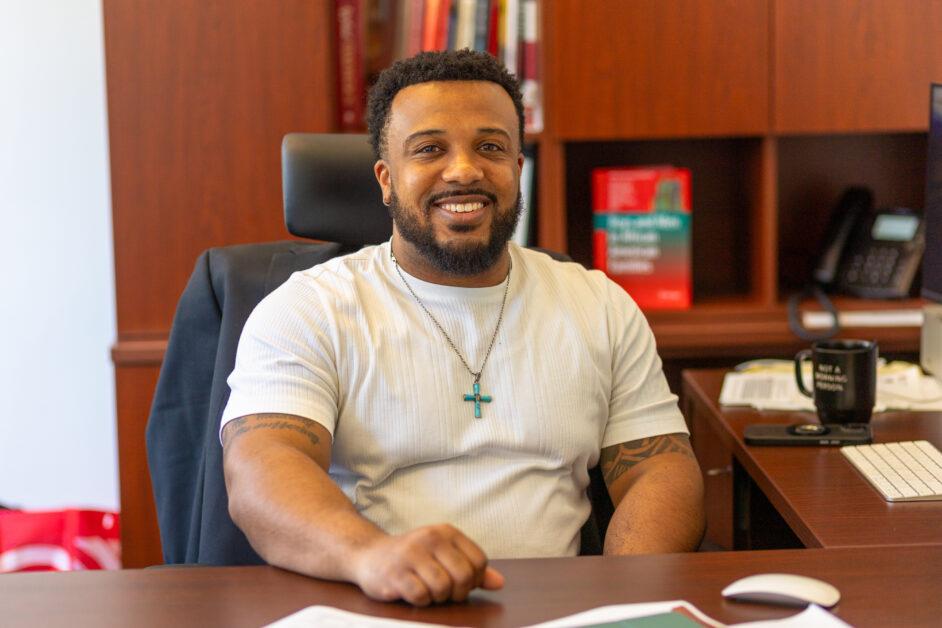In the wake of increased discussions about race in 2020, Boston College’s Schiller Institute for Integrated Science and Society organized a seminar on environmental racism.
“We brought in speakers to talk in an interdisciplinary manner about environmental racism and got a lot of great audience,” Laura Steinberg, the Seidner Family executive director of the Schiller Institute said. “George Floyd had just happened, and it was such an important time for the university-wide conversation on these topics.”
With the opening of 245 Beacon Street in January 2022, the Schiller Institute established a home on BC’s campus. The Institute aims to support interdisciplinary learning, research, and projects at BC within three categories: environment, energy, and health.
Although most students began interacting with Schiller in 2022, the idea for the Institute began in 2014 under the leadership of Steinberg and Greg Adelsberger, director of finance and operations at the Institute.
Kaley McCarty, assistant director of programs for the Institute, said one of the unique aspects of Schiller’s interdisciplinary approach is bringing sciences, art, and humanities together in conversation.
“One example of a way we bring that to life is we have a poet laureate, [an] undergraduate student we met through the ‘U.S. Constitution: What Does the Constitution Mean to Me’ event that we co-sponsor,” McCarty said. “She will learn from what some of the researchers are doing and then write a poem inspired by that.”
The institute’s programming offers four interdisciplinary courses covering a diverse range of subjects, including Steinberg’s Entrepreneurial Leadership in Energy, Environment, and Health class.
“I’ve seen there is a desire to be, to do, to go beyond learning for the sake of learning but to go out and be a change agent,” Steinberg said. “I think my entrepreneurship class is about enabling that sense of ambition … I think we are giving students the tools that they want to make that difference.”
Thalia Chaves, MCAS ’24, saw this in action when she attended the 2022 United Nations Climate Change Conference, COP27, in Sharm El-Sheikh, Egypt through the Institute. In preparation for the conference, Chaves took a class titled Climate Policy Through the COP Process.
“Every week they would try to bring in a different speaker that could speak to a different area of climate change and a few of those speakers had been to COP conferences themselves,” Chaves said. “We started to build an overview of [knowledge] of the IPCC, the Intergovernmental Panel on Climate Change, the UN in general, and how COP conferences started and what purpose they serve.”
The COP program takes two groups of students and faculty to each of the session of the conference. The days are filled with talks, negotiations, and panels on various climate-related topics—Chaves attended a panel at COP27 surrounding the topic of green hydrogen.
“The idea of green hydrogen is using renewable energy like solar or hydro or wind to power something called electrolysis, which basically takes water molecules and breaks them up … so that the hydrogen is free for use and then you can use it to put into fuel cells or burn it or different things like that,” Chaves said.
She was so inspired by the panel, it ended becoming the topic of her senior thesis.
“I actually wrote my senior thesis on it,” Chaves said. “I wrote specifically about if it’s possible to develop equitably in the global south because a large issue with a lot of climate solutions in general is greenwashing and making it seem more friendly to the environment than it actually is.”
This interest has continued into Chaves’ life outside of BC. She currently works at the Conservation Law Foundation in Boston and has been able to engage with projects dealing with greenwashing and energy.
Chaves said she is grateful for the unique opportunity that the Institute afforded her and wants to give more people the opportunity to benefit from its resources and transformative experiences.
“Once I finished the conference, I was like, ‘Why do people not know about Schiller and take their classes?’” said Chaves.
When Chaves returned from COP27, she decided to apply to the Schiller Student Board, stayed on through her graduation, and eventually became its president.
Sancia Sehdev, MCAS ’25, is currently on the Schiller Student Board and works with its communications and events committee which plans events to engage the BC community with the institute.
“I think one emphasis that Schiller has right now is trying to get a lot of new faculty to come in,” Sehdev said. “A lot of these faculty members are involved in research topics that are super interesting to students, so we’re organizing a faculty-student mixer sometime this month to allow good opportunities for students who are interested in those areas to come and talk to faculty members who might be doing research they’re interested in.”
Sehdev attended COP28 in Dubai as part of the BC delegation and said she appreciated the interdisciplinary nature of the preparation class, which discussed areas of climate policy that her biology classes hadn’t taught her.
“It’s really interesting to be able to talk to people from so many different backgrounds and understand those nuances better,” Sehdev said. “And I think a lot of Schiller’s programs tend to be like that, because there are so many people from fields like economics, political science, law, and other different fields in the humanities, and then obviously a lot of STEM.”
Sehdev also participated in the Eagles Sustainability Competition, one of the many events that the Institute puts on to try and engage the BC community.
“I know Schiller hosted a table for Green Week last year,” Sehdev said. “And they kind of engage students to come in, talk about some specific issues while making cute pot holders, or things like that. So we really try to engage students through activities like that, and then talk about their programming.”
This theme of approachability is something that the Institute tries to emphasize, McCarty said. One of the main ways the Institute gets the word out to students is through its email newsletter, which comes out four times a year.
“We want it to come out more,” McCarty said. “So rather than doing the big one more frequently, we’re doing one that’s geared towards students, specifically to speak to things that would be interesting to students. So we’re going to launch that by the end of the fall semester, and it’s going to be called the Schiller Scoop.”
The Schiller Institute is also interested in helping advise student organizations. Whether through mentorship, sponsorship, or providing meeting spaces, Steinberg said the Institute actively works to foster student growth and collaboration.
“Send an email,” Steinberg said. “We almost always make time to visit. And the kind of help we can give, we can sponsor clubs and we can also provide mentoring guidance for the clubs. We have space available on request. What makes Schiller such an important organization on campus is that we have full-time staff and whose job, whose only job it is, to work for the Institute and do these sorts of things with students and faculty.”

